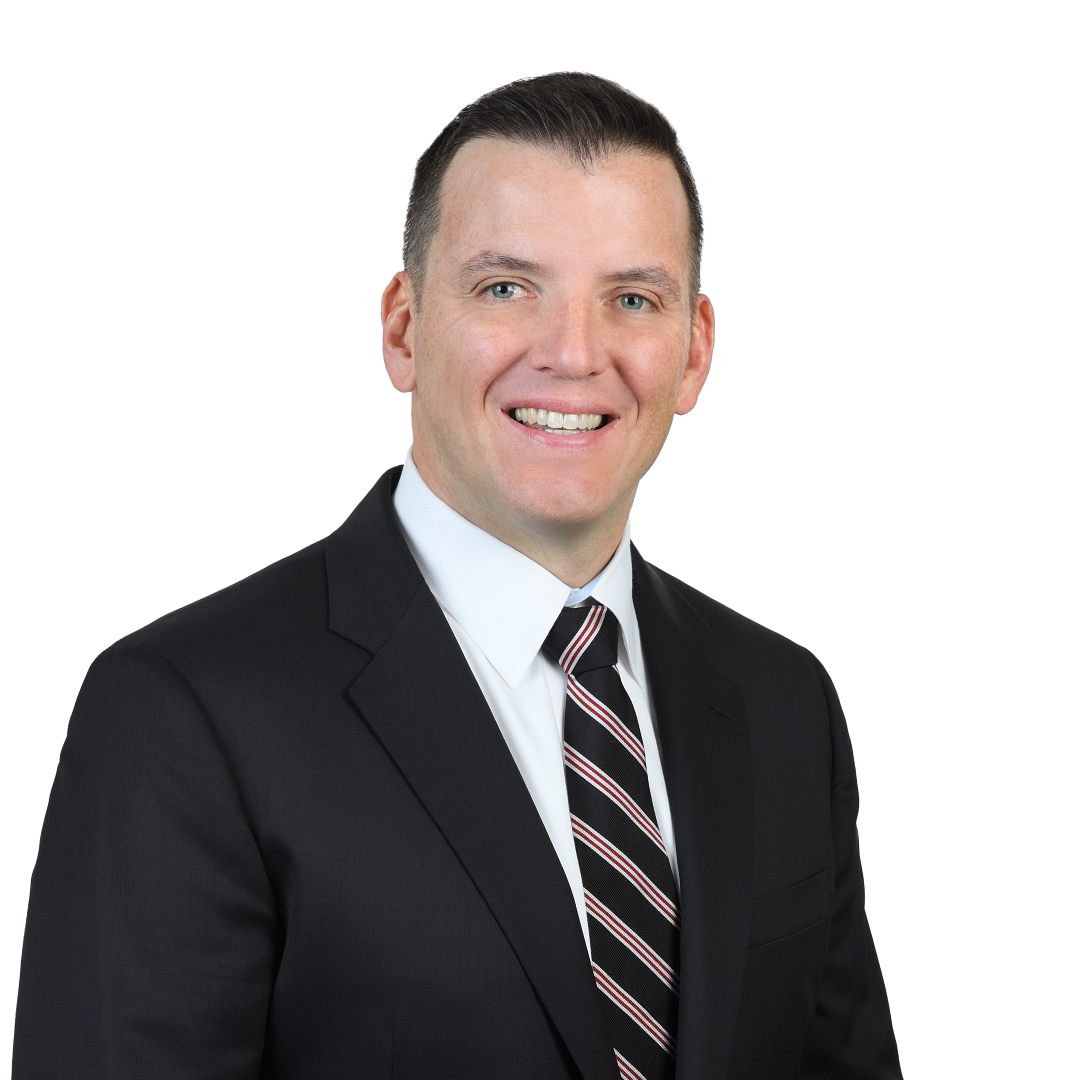Assemblyman Zebrowski Introduces Legislation to Regulate Recreational Drone Use
Assemblyman Ken Zebrowski (D-New City) has introduced legislation (A3597) to regulate the personal and recreational use of unmanned aircraft (drones) in New York State. The bill would create the crime of unlawful operation of an unmanned aircraft and establish a “restricted airspace” which would prohibit people from flying drones near sensitive or governmental operations. A growing concern for law enforcement, Assemblyman Zebrowski has been working closely with Rockland County Sheriff Louis Falco in drafting legislation that would protect police, specifically, security at the county jail. Currently, there are no state or federal rules regulating the use of recreational unmanned aircraft while the availability of these devices continues to grow. This legislation would ensure safe and proper use of drones, establishing reasonable restrictions that protect the public.
“While the FAA and federal government continue to develop rules to regulate drone use, these accessible and easy to operate devices are becoming increasingly popular with little, to no direction. It’s time that New York steps up and takes the initiative in creating fundamental guidelines that ensure public safety,” said Assemblyman Zebrowski.
“The reckless use of unmanned aerial vehicles (UAV), or drones, has become an increasing challenge for law enforcement. This law will be particularly helpful to the security at our county correctional facility and I applaud Assemblyman Zebrowski for working with us to craft this bill. By making it unlawful to operate a UAV within 1,000 feet of the facility, it will help protect our officers, the facility and the inmates,” said Rockland County Sheriff Louis Falco.
In 2012, Congress passed the Federal Aviation Administration Modernization and Reform Act which directs the FAA to establish rules for the use of drones by December 15th , 2015. There have been signs that the FAA may not meet that deadline. With the exception of placing a moratorium on certain commercial usage, they have not released any civilian guidelines. The ease and affordability of drones has caused a proliferation of accidents, exposing how easily this technology can pose a threat.
Over the past several months, numerous incidents have highlighted the need for new laws. In November, several drones were spotted at JFK airport that came in close proximity to aircraft, concerning pilots and frightening passengers. In addition, a pair of unmanned aircraft were seen aimlessly flying around the Queensboro Bridge. Most recently and more concerning is the drone that was found on the grounds of the White House last week. Although ruled to be an accident, the incident indicates a major threat and brings up serious security concerns in regard to drone operation near sensitive government buildings like the White House.
“Recent events, especially what happened at the White House, have shown how reckless use of recreational drones can be a cause for concern, potentially putting citizens in danger. Drones are relatively inexpensive and are easy to assemble and operate. We must take preventative action to establish some reasonable guidelines before someone gets hurt,” concluded Assemblyman Zebrowski.
Assemblyman Zebrowski’s legislation includes several measures to ensure responsible drone use. The bill would establish a “restricted airspace” of 1,000 feet near certain sensitive or governmental operations including schools, law enforcement facilities, bridges, military property, as well as five miles from an airport. In addition, the bill would also prohibit flying an unmanned aircraft more than 400 feet above ground level, flying without a visual line of sight or below 200 feet above ground level on private property without the owner’s consent. The legislation would exempt model aircraft. A person would also be guilty of unlawful use if they are flying the drone in a reckless manner or intentionally using it to harass or survey others. Anyone that operates a drone violating these rules would be subject to a class A misdemeanor.
